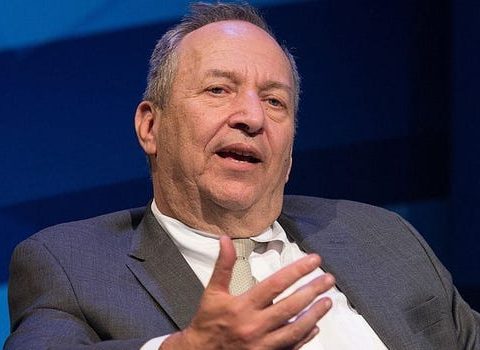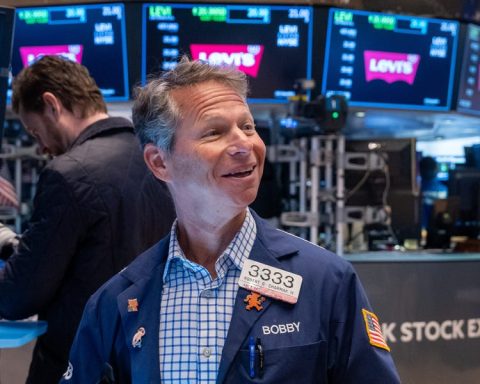An investment banker proposed returning part of DOGE’s savings to taxpayers through checks. Elon Musk mentioned he would “check with” Trump regarding this suggestion. However, it requires approval from lawmakers on Capitol Hill and is met with some skepticism.
What if a portion of the money saved by Elon Musk’s Department of Government Efficiency were refunded to Americans as government checks? This concept, put forward by investment manager James Fishback, gained traction online after Musk stated on X that he would “check with” President Donald Trump about it. Musk later noted, “Obviously, the President is the Commander-in-Chief, so this is entirely up to him.”
Following this initial discussion, Trump acknowledged the idea at an event in Florida, stating that a “new concept where we give 20% of the DOGE savings to American citizens” is now “under consideration.”
“I literally had a dream about this,” Fishback told BI in a Wednesday phone interview, describing how he and a colleague brainstormed the idea and documented it in about two and a half hours. He mentioned that he is currently meeting with various House and Senate offices in Washington, DC, and has sent the proposal to White House Chief of Staff Susie Wiles. The White House did not comment on the request for feedback.
Despite the buzz, the proposal has a long road ahead. It would require Congressional approval, and initial reactions from lawmakers across both parties show some skepticism. Republican Senator Thom Tillis from North Carolina expressed to BI that “sending checks is not the smartest way to spend savings,” advocating instead for using the funds to “drive down the debt.” He added, “I have three grandchildren, all under the age of eight years old. Their fractional share of the national debt is about $100,000. It seems practical to address that debt obligation.”
Responding to the proposal on X, Senator Ron Johnson of Wisconsin conveyed that he would be “happy” to consider the idea “once we balance the budget.” He emphasized that the priority should be to reduce spending to achieve a balanced budget, allowing Americans to retain their hard-earned money without inflation impacting them.
Fishback acknowledged the importance of addressing the debt but argued that distributing checks is vital for generating public interest and support for DOGE’s objectives. He suggested that public demand could encourage potential critics to reconsider the proposal. “I don’t see how you can stand in front of a town hall meeting upon returning to your district and explain a vote against President Trump’s DOGE dividend,” Fishback remarked. “You’re likely to face numerous questions from upset taxpayers.”
How would the ‘DOGE Dividend’ function? In the most optimistic scenario proposed by Fishback, some Americans could receive a one-time $5,000 check in 2026, funded by savings accrued through DOGE.
However, there are a few constraints. Fishback’s plan operates under the assumption of achieving $2 trillion in savings, which was the original target set for DOGE. However, Musk and Trump recently adjusted this figure to a goal of reaching a trillion dollars in deficit reduction, as noted in their Tuesday night interview on Fox News with Sean Hannity.
Moreover, the checks—drawn from 20% of DOGE’s total savings—would be distributed only to federal income tax payers, which Fishback estimates to encompass 79 million households.
Republican Senator Josh Hawley from Missouri, who expressed general support for “returning that money to the people,” advocated for using the savings to enhance the child tax credit. “That’s what I prefer to do,” Hawley noted, emphasizing the financial burdens faced by families with multiple children. “We should target relief towards them, which this proposal would facilitate.”
Fishback countered that his initiative does not aim to serve as an economic stimulus but rather seeks to provide “restitution” to taxpayers whose contributions have been mishandled. “The only standard we care about is whether you’ve paid federal income tax. If you have, then you deserve restitution; if not, you haven’t been wronged,” Fishback clarified. “Those receiving restitution are the ones who contributed but felt they did not receive adequate value.”
Contrastingly, many Democrats are disinterested in DOGE, largely due to the recent closures of federal agencies and widespread federal employee layoffs. Democratic Senator Chris Murphy from Connecticut described it as a straightforward “con” and remarked, “This is primarily a simple scheme to enrich the wealthy at the expense of average citizens.”







